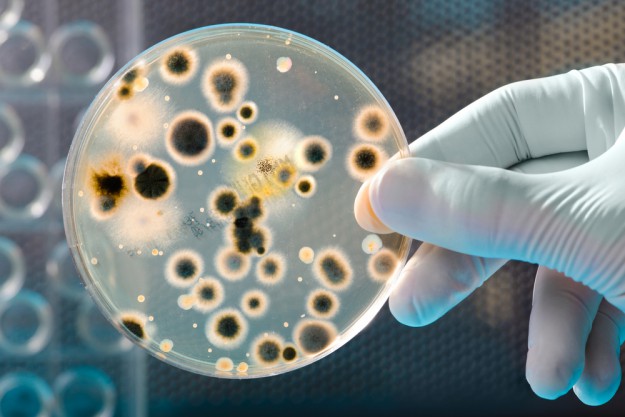Could bacteria help us detect illness?
Researchers have managed to develop a system implanted in bacteria and that can quickly detect any disease.
The last few years have changed our perception of bacteria. After a long time fight against the perceived enemy, we were shocked by their potential benefits for our health and that has pushed researchers to pay more attention to their effects on our bodies. The result: a large number of studies have discovered the importance of having microbiota in our intestines and their impact on our health.
Today, researchers want to take it a step further by modifying the bacteria to create a useful diagnostic tool capable of fighting off disease.
Diagnosis by bacteria
The principle is simple but the process is more complex. When the living cells adapt and change depending on the signals they receive, they are quite capable of detecting a pathogen that is present in an organism. So, they are also "programmed" to do so. The researchers of INSERM partnered with Stanford University in the United States to realise an idea based on an electronic transistor.
INSERM released a statement: In informatics, combining multiple transistors make its possible to construct a "logic door", this is a system that responds to different combinations of signals using a predetermined logic. For example, the logic door "ET" will only produce 2 signals if 2 incoming signals are already present.
They will then implant a mechanism to obtain the bacteria capable of reacting in the presence of the signal detected.
The bacteria has so far managed to detect the abnormally high sugar levels in the urine of a diabetic patient, an experiment that paves the way to more precise diagnostic tests based on the detection of the molecular markers.
In the future, this research can also be applied to the creation of microbial flora in the treatment of various pathogens, including intestinal diseases.
Source: Press release dated May 27 from INSERM, the Detection of pathological biomarkers in clinical samples via Human amplifying genetic switches and logic gates.




